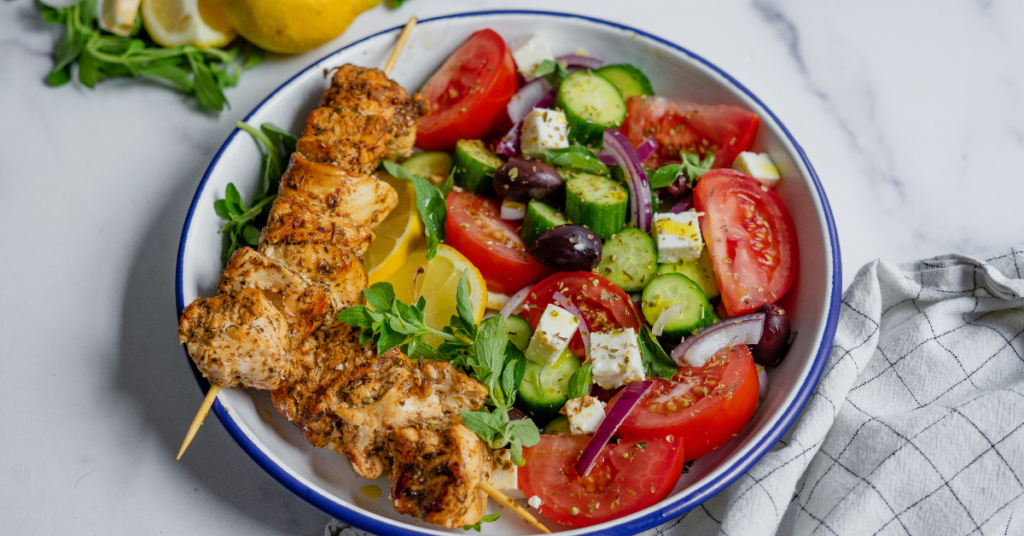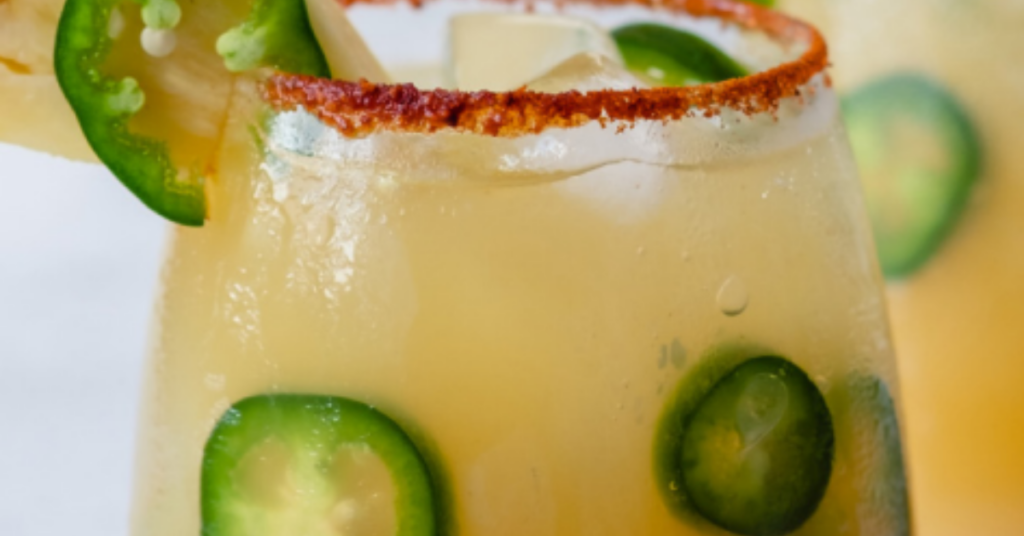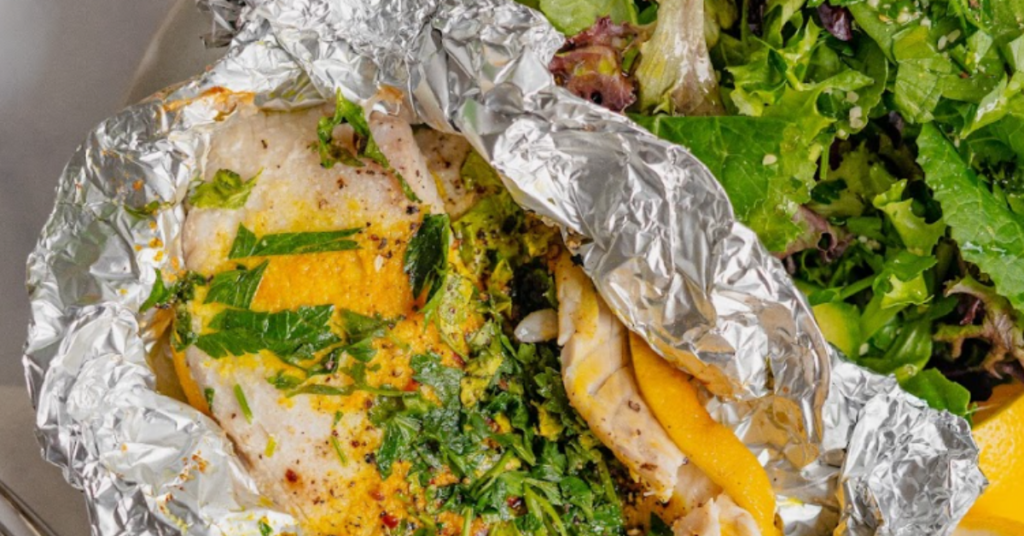It’s time for another Stronger U Journal Club, and this time I’m wrapping up a real doozy. The entire Stronger U team got the pleasure of learning from all around smart-guy and sword enthusiast, Alex Viada, the main man at Complete Human Performance, along with our very own Admin Overlord and puppy aficionado, Ariana Scalfo.
Together, both of them took us through what has easily been one of the coolest journal clubs to date, where we went way in-depth on all things related to nutrition for endurance exercise.
As Alex states at the top of our talk, this is a field that’s growing so incredibly fast. With each and every year it seems like more and more people are signing up for major endurance events like Ultramarathons, and at Stronger U we’ve personally experienced an uptick in the number of our members who are looking to take part in some kind of endurance activity — so it’s on us to make sure that we’re all prepared and educated enough to be able to Coach an endurance athlete through most situations they might run into.
What was the topic we went over?
Put simply: this entire journal club was dedicated to learning more about fueling for endurance exercise while minimizing gastrointestinal issues in participants. Something that’s far easier said than done.
As I said above, this is a topic that we’re not only running into a lot more at Stronger U, but across the industry as a whole. As the number of participants grows, so does the number of people who are interested in learning how to fuel to properly so that they can get the most out of any endurance event they take part in, no matter the distance. That’s an understandable concern. After all, if you’re interested in going out and running 50 miles, completing a lengthy hike, or some other major endurance event it makes total sense to want to not only perform as well as possible but perform and feel good while performing well.
What was the study we went over?
This journal club operated a bit differently than some in the past. It was a lot like our Motivational Interviewing journal club in that this wound up being a discussion detailing the practicality and use of a few different strategies, and we used a couple of studies to help guide our questioning and understanding of how to fuel endurance exercise.
First up, we looked at a study by Stuempfle, Hoffman, and Hew-Butler at Gettysburg College, looking at the association of gastrointestinal distress and race diet in ultramarathoners. A few of the major takeaways from this study that we came away with and will examine a bit more in depth are:
- 91% of runners experienced some kind of GI stress
- 44% of runners said that this impacted performance
- Previous GI issues = more GI issues
- Eating and drinking early wound up with a lower incidence of GI issues
- Undereating and under drinking seem to lead to more GI issues
Along with that, we also reviewed the following study:
Competition Nutrition Practices of Elite Ultramarathon Runners by Trent Stellingworth, so that we could start to get a handle on what some of the common practices were in a research setting.
What were some of the things we learned from these studies?
The thing that jumped out in both of these studies was the incredibly high incidence of gastrointestinal issues amongst participants. Even in the first study, it’s incredible to see that 9/10 participants reported some kind of GI issues during ultra-endurance events.
So what are some of the reasons for GI upset during endurance events? This is where having a couple of very smart and very experienced people like Alex and Ariana helped out for this journal club. Below are some of the points that they both mentioned as the main cause for GI issues during long-term endurance events:
- Lack of blood flow through the digestive system (this is normal during exercise!)
- Reduced absorption of calories and water
- Reduced motility
- Jostling (the act of running)
- An altered or novel diet (you tried something during your event that you didn’t normally have during training)
- Unsanitary and/or contaminated conditions at aid stations (this is all too real)
- Stomach cramps tend to be thanks to the lack of blood flow and lack of water to the stomach (this is the same reason why we recommend eating early and often)
Now, obviously, not everyone that participates in ultramarathons or other endurance events deals with serious GI issues (just most!). And we do know that there are plenty of people who have tinkered around with their approach to find things that work for them. Some of the commonalities among participants who have a lower incidence of GI issues are:
- Eating and drinking earlier in the event
- A higher fat intake (15-16% fat intake for total calories vs. 10% or less)
- Normal meals and eating behavior during race week
So, the above being stated, the overall recommendations that we can come away with for the easiest way to fuel for an ultramarathon or endurance event would be:
- Drink early, and eat often in events
- If it’s over 2 hours, start eating and drinking at mile 1
- 15% of your total calories should come from fat intake
- Don’t try to adapt to fasted training if you have GI issues, or don’t buy into the idea that if you have GI issues then not eating will help alleviate those.
What about actually fueling during training and events?
Funny, we’ve come all this way and haven’t even touched on the practical recommendations for how to properly fuel for endurance events. Kind of important information, right? So while the actual studies that we reviewed didn’t have actual recommendations, this is why we brought in the experts in Alex and Ariana. The recommendations that we got from them both were as follows:
75/15/10 of carbs/fats/protein replaced 3-4 calories per kilogram, per hour.
So imagine that we have a 100kg (220lbs) individual taking part in a hike at the Grand Canyon. We imagine that this hike is going to take 7 hours. The fuel that we would be giving this individual during their hike would look like:
300-400 calories per hour (we’re using 400 calories to do the math in this example) with those calories broken down to reflect the following:
- 75g carbs
- 7g fat
- 10g protein
We also want an isotonic fluid to increase the rate of absorption. In practicality, what this means for most people is that you can dilute your Pedialyte, Gatorade, or whatever this is by half of the actual recommendation.
The reason behind the dilution is that most electrolyte replenishment products are designed based off of research for babies and children who have major dehydration issues, thus they only have one real option for fluid and electrolyte replenishment. Fortunately for all involved, if you’re an endurance athlete who is concerned with hydrating properly, you’re not a child. This means that in the foods you’re eating leading up to, and during, events you’re getting a number of trace minerals already, along with putting food in your stomach. The very act of doing this, and then adding an electrolyte-laden beverage on top of that, can lead to the fluid in your stomach being hypertonic, which isn’t adequately absorbed by the body compared to an isotonic beverage.
So what should you take away from this?
Fair question. This is a pretty niche topic, and while it’s certainly a growing niche, there’s no doubting that it’s a niche. Not everyone who is your weekend warrior, training for their first marathon, etc. is going to be as into figuring out the particulars of fueling themselves for an event the way a dedicated ultramarathoner might. So when thinking about the hierarchy of things to pay attention to, we would break this down into two categories:
Ultramarathoners, ultra-endurance event athletes, and anyone who is going through events lasting longer than 2 hours:
- Hydration
- Avoid GI issues
- Calories
An interesting anecdote that we got from Alex and Ariana is that people who eat real food during ultra-endurance events see much better performance and wind up with fewer GI issues. So if you’re someone who is interested in these kinds of events, it’s definitely worth considering trying to fuel with real food during your training and during the events.
For marathons and shorter events, that hierarchy gets inverted a bit to look like:
- Hydration
- Calories
- Avoid GI issues
I know that many people are already reading this and wondering why marathoners got thrown into the second category, and that’s a fair question. This is an interesting distinction, and it could go either way. Most average marathoners could be thrown into the first category and be fine, or they could be in the second category and still be okay, whereas most very competitive marathoners probably belong in the second, and they probably know that.
If you’re an experienced marathoner, you probably already know whether or not dealing with GI issues is a thing that you have to try and work around. But generally speaking, competitive marathoners tend to finish their events quickly enough in relation to ultramarathoners that GI issues aren’t so much of a worry as just the requisite need for calories to fuel activity as intense as running at a fast clip for 26.2 miles.
Overall this was one of the most fascinating journal clubs we’ve done up to this point, and I think I can speak for the entire staff as a whole when I say that we were all thoroughly impressed with both Alex and Ariana. We all loved the way they were able to break down the research to help us focus on what was relevant, provide practical recommendations based off of their experience, and the consistent through-line that while we are getting better at learning how to prepare for these events, it’s still very much an individualistic thing. What works for some very well might not work for you. So as always, the most important thing to keep in mind is to be willing to experiment and keep an open mind. You never know what might actually work for you.









